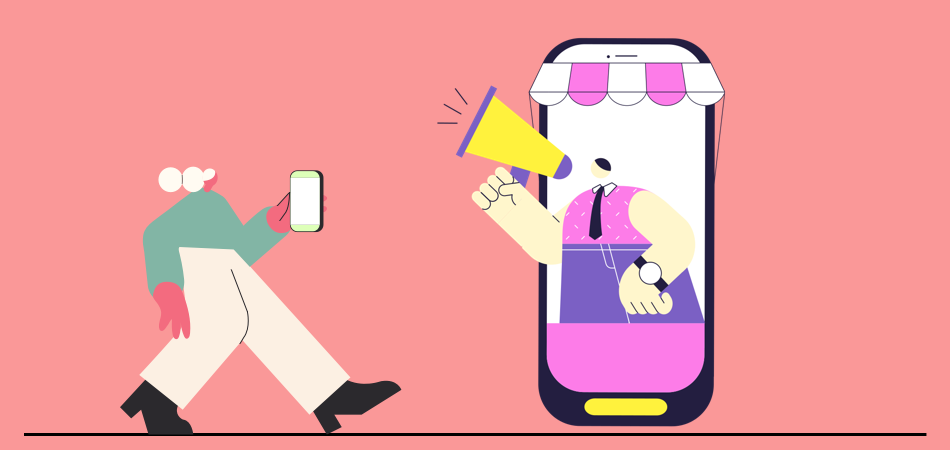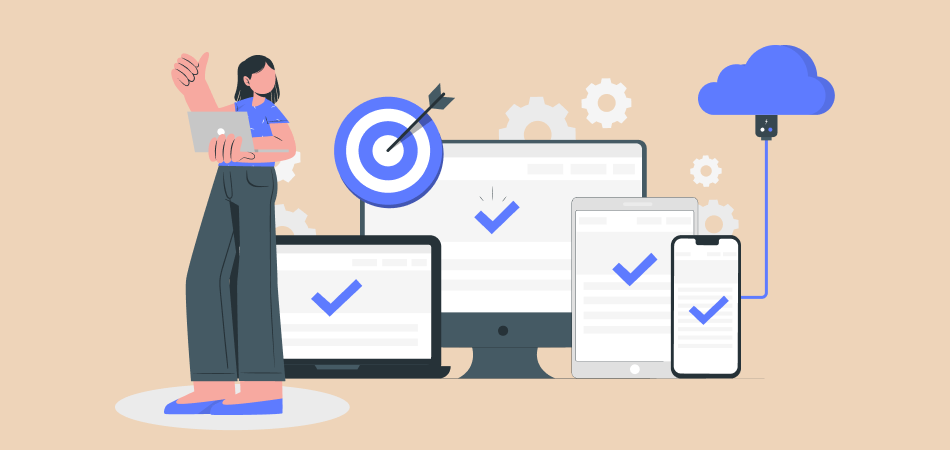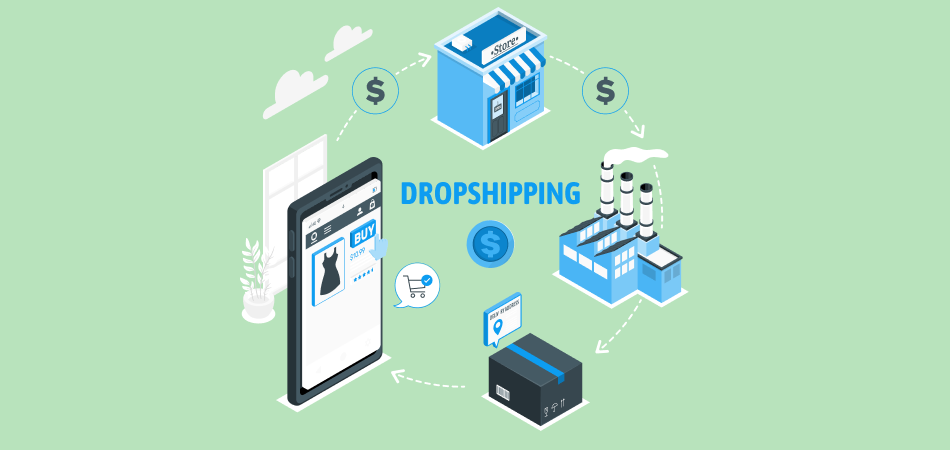Ultimate Guide to Event Marketing: Strategies, Ideas & Examples

Today, when you can do just about anything on the internet, it's easy to miss out on more traditional marketing methods. You may lack the resources, the time, or the money as a small business owner to get to know your customers.
Even though event marketing is a long-term process, it holds a lot of value nonetheless. This is a great way to showcase your business in an actual setting.
The benefits of event marketing include reaching out to customers, talking personally, receiving first-hand feedback, seeing what event attendees think of your business, and sharing ideas in real-time.
What Is Event Marketing
The purpose of event marketing is to create live experiences to promote a brand, product, or service. Attending or hosting events is a great way for companies to build their brand and identity.
Event marketing consists of different types, including industry events hosted by one company, trade shows, and digital experiences like virtual conferences and live streaming workshops.
You should consider who your target customer is and what type of event they're likely to attend when deciding which approach will work best for you.
Promoting events effectively encourages attendees to purchase tickets as part of a successful event marketing strategy. Inbound and outbound marketing techniques are used to promote the event, including email, social media, event discovery sites, retargeting, and SEO.
How Event Marketing Works
Marketing events can be done in several ways. A brand can host its events, for example. It can help you identify new partners, acquire leads, and strengthen relationships with customers and prospects, depending on the type of event you hold.
As a guest, you can also attend events. The representative of the company can show expertise in the field to promote products or services. Another way to boost brand awareness is to sponsor events.
No matter what strategy a brand uses, 95% of marketers consider event marketing to be the most effective way to reach business objectives.
Types of Event Marketing
Meanwhile, let's explore some of the different types of event marketing your company can do. Each of these types of events can be held virtually as well.
Conferences
A conference is a large event that is typically organized and hosted by a major company, usually sponsored by a long list of smaller brands and companies. B2C and B2B companies both benefit from conferences. The agendas for these events are usually packed with speakers, workshops, and networking opportunities.
Expositions & Trade Shows
A trade show or an exposition is a large event focused on a specific industry or type of product, such as sales technology or medical devices. The most qualified leads are typically found at trade shows where companies can show off their products and services.
Attendees of trade shows are typically pre-qualified buyers, company representatives, and salespeople, rather than the general public who attend conferences.
Seminars
The webinar (often called a seminar when hosted online) is an educational event attended by a limited audience. Participants will have the opportunity to discuss, hear lectures, and network.
Unlike seminars, roundtables usually have fewer attendees with comparable "levels", such as CEOs, doctors, and teachers. Each event usually lasts one day.
Pop-up Shops
The concept of pop-up shops is a temporary retail space where companies can sell their products under a controlled environment. Typically, they are organized by e-commerce companies with no brick-and-mortar store.
Furthermore, pop-up shops offer otherwise digital brands a physical, immersive setting for their consumers to experience their brands.
Celebrations & Launch Parties
Celebrations or launch parties are small, personal events held to announce the launch of a new business, to celebrate a success, or to simply celebrate a milestone. Several businesses host a yearly client or customer party.
Even though these types of events shouldn't be centered around a product or brand, a keynote address or presentation can align them with a company and remind attendees why they're at the event.
Workshops
In the same way as seminars and roundtables, workshops aim to share knowledge and educate the attendees. The difference is that they are typically open to the public, unlike seminars and roundtables.
The workshops can be held both virtually and in person, and even though they aren't traditionally promotional, they're usually focused on a topic relevant to the company, making the company seem more credible.
Event marketing also includes job fairs, customer-only conferences, networking sessions, VIP experiences, sponsorships, award ceremonies, and competitions.
Importance of Event Marketing
Growing your credibility is what makes event marketing important. As a result, partners and customers can interact with brands in person and trust them more. As a result, events are an excellent way to network.
The opportunity to make valuable contacts is the primary reason for participation in events, according to 75% of business owners.
A healthy lead acquisition strategy includes attending events and holding them. A large business meeting brings together people interested in your industry, product, or new opportunities in general. You can expect these attendees to become loyal customers and warm leads down the line.
You can boost customer loyalty by holding events. Besides gaining new knowledge and making contacts, people attend conferences or seminars to get away from their routines and have fun. This creates a strong emotional bond with a brand. Event marketing could be an effective relationship marketing strategy.
Increasing your brand's online presence through event marketing is a surprising benefit. Four out of five millennials attend events to share them on social media. Increasing brand awareness and outreach is a result.
Why You Need Event Marketing Strategies
Multisensory experiences engage audiences in a way that can't be achieved by other types of marketing. You can use events to achieve important business goals, such as:
- Increasing the demand for your products or services
- Increasing customer recognition
- Expanding your audience or the audience of your clients
- Creating revenue from the event itself
When you have a clear strategy and a plan to get there, marketing events are well worth the investment, so long as you can measure the impact.
Event Marketing Plan
1. Promotion Is Vital
A killer promotion plan is essential to the success of your event. It can be difficult to know where to start. Start right when you plan your event. It is an essential part of the process. Ultimately, without a well-designed promotion strategy, your event will not be known.
2. Become Familiar with Your Event
Understanding your event and its purpose is the first step in planning it. Then, you can decide on details such as the event name, themes, taglines, and color schemes. Your event marketing plan will be based on this breakdown.
3. Understand the Buyer's Journey
Developing an event marketing strategy requires an understanding of customer behavior. Based on how prospects discover and decide to attend your event, develop a marketing strategy. You can gain a deeper understanding of your attendees and their motivations if you know their demographics, geographics, and psychographics.
Understand the technology and content they use to guide prospects through your marketing funnel. You can operationalize all this information by creating buyer personas for different customers.
4. Build Valuable Relationships
Connecting and reconnecting with customers is best achieved through events. You'll likely make valuable connections with local media, caterers, and business owners if you're hosting the event. With so many important people around town, your virtual Rolodex will fill up fast.
You can benefit from the right contacts in several ways. If you consider moving your business or opening in a new location, contacts from that area can help you learn about the market and make connections.
5. Reach out to Your Target Audience
Lead generation is also a huge benefit of a successful event. The attendees will likely be potential customers looking for your products or services, especially if your business provides a specific set of products or services.
Provide quick responses to questions, make suggestions, listen to what your potential customers have to say, and ask them to fill out a short form to follow up after the event.
6. Collaborate with Other Brands
It is better to have two heads than one. By partnering with other brands, you can tap into their network (online and off). Furthermore, you can leverage the strength of each other.
It can also assist in attracting new audiences, decreasing costs, and boosting brand authority when you collaborate with the right partner.
7. Promote User-generated Content
You can reduce the workload of your content creation team by using user-generated content. Plus, it allows you to reach more people, build social proof, and spread the word organically about your event.
By creating a hashtag on social media and encouraging users to use it, you can easily obtain user-generated content. Competition is another way to generate buzz. Your publications can be rewarded with free tickets if they get the most likes or reposts.
8. Take Advantage of Technology
With the right technology, you can produce an exciting, personalized event. Establishment and emerging technologies can be used to ensure marketing meets expectations. Choosing the right platform is key to reaching the right audience.
Marketing the event on social media or other platforms is possible, but you should make sure the message and timing are appropriate for the audience. You should also take care to create content that is relevant and can be freely shared. The audience can promote your event for free if you ask them to do so.
9. Monitor Your Progress
By comparing the successful methods with the unsuccessful ones, you can adapt and improve the campaign. Web analytics and social media engagement are examples of metrics you can use. Additionally, you should test your ideas before implementing them to avoid wasting your time and company resources.
10. Use Influencer Marketing
Credibility among followers is enhanced by influencers. It is always better to leverage micro-influencers for events if you want to leverage influencer marketing.
You can tap into their following and benefit from their expertise, which increases the reach and engagement of your posts. Conference speakers are also influential at trade shows and conferences.
The Ideal Event Marketing Timeline
Throughout the weeks and months leading up to your event, you should promote your event to engage your audience. Having a promotion timeline helps you plan when and what to release. By releasing new names or information at different times, you can also pique your attendees' curiosity.
Organizing multi-touch promotions is also wise. Make sure to use multiple methods to reach the maximum number of people (email, social media, direct mail, phone calls, print ads, and paid ads). By getting the word out, you can dramatically increase registrations.
Examples of Event Marketing
There are events that not only help brands achieve their goals but also become legendary must-attend events. Here are some tips that will help you improve the effectiveness of your event marketing by using their tricks.
· Google I/O
Google holds its developer conference offline, but it also streams it live online. Google uses a 360-degree camera to provide a high-quality broadcast and create a presence effect.
There are previous years' videos on YouTube, which appeal to those who couldn't attend the event live as well as those who want to refresh their memories.
· Summit of Forbes Under 30
Forbes' Under 30 Summit is a classic example of a thought-leadership and networking event. Moreover, that event matches its target audience's interests precisely.
· Fuckup Nights
A format like this is proof that a new idea can completely transform your event marketing. Fuckup Nights are the result of a group of professionals tired of always hearing success stories at conferences.
As they discussed their fizzles, they decided to take the opposite direction. Currently, Fuckup Nights are a global movement and a popular event format many businesses want to adopt.
Conclusion
One of the best ways to build a more positive relationship with an audience is through event marketing. Businesses invest more money in live events because marketers and executives agree.
A successful event requires lubricating all its moving parts during the planning process. Planning an event that will last at most a week will require a highly focused team of professionals from several disciplines.
During the event itself, any planning errors will have a huge impact. Using technology will help you minimize these errors.












 Company
Company
 Why Choose DSers
Why Choose DSers
 Blog
Blog
 Help Center
Help Center



